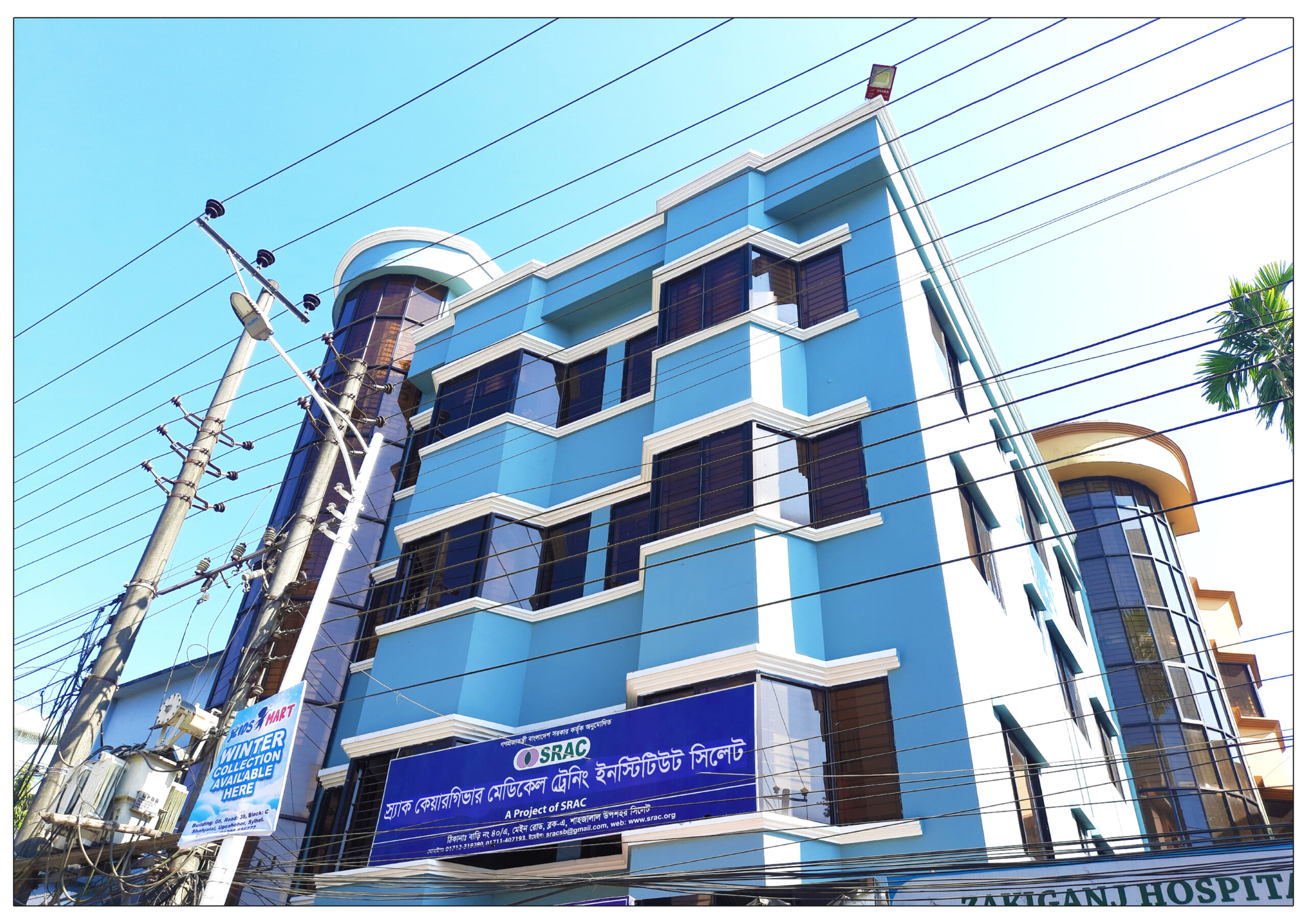Sylhet, a region known for its tea gardens, natural beauty, and cultural heritage, also grapples with significant socio-economic disparities. In this context, skill development and empowerment have emerged as vital tools for transforming lives and fostering sustainable livelihoods. The Society for Sylhet Resources Advancement Community (SRAC) has been a beacon of hope, empowering marginalized communities through vocational training and economic opportunities.
Since 2014, SRAC’s Skill Development Program has been equipping individuals with technical and vocational skills in fields such as caregiving, tailoring, ICT, mobile servicing, and entrepreneurship. Institutions e.g. the SRAC Kois Talukdar Skill Development & Technical College and the SRAC Technical Training Institute have become hubs for nurturing talent in rural and semi-urban areas of Sylhet.
Women, youth, and disadvantaged groups are the primary beneficiaries of these initiatives. By providing training and linking participants with microfinance and business incubation support, SRAC enables individuals to secure employment or start their own businesses. These efforts not only uplift families but also contribute to the local economy, fostering a cycle of growth and self-reliance.
A key focus of SRAC’s work is promoting gender inclusivity. Through entrepreneurship development programs for women, the organization empowers them to achieve financial independence and decision-making autonomy. This holistic approach ensures that skill development translates into long-term economic stability and social empowerment for Sylhet’s most vulnerable populations.
The impact of SRAC’s programs is evident in the growing number of confident, self-sufficient individuals who are now active contributors to their communities. As SRAC continues to expand its initiatives, it remains committed to leaving no one behind in the journey toward sustainable development.

